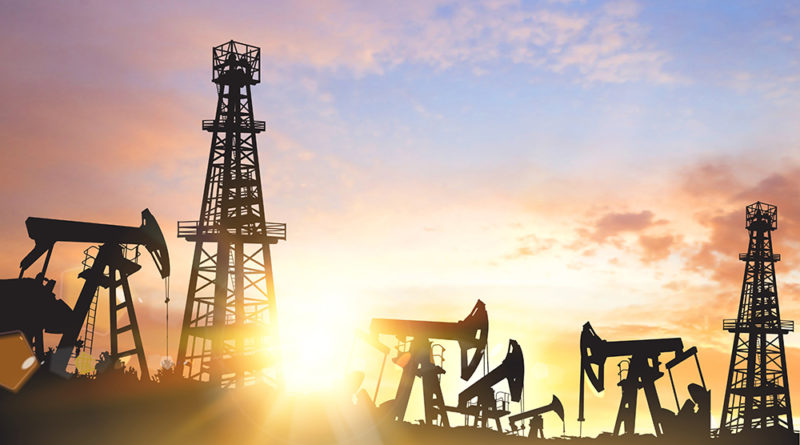Oil Industry or Mining Industry – Which One Is More Profitable
Many Latin American economies are highly dependent on the extraction of raw materials or commodities, which are exported to all parts of the world for transformation into final products.
Oil industry:
This industry is responsible for the exploration, production, manufacture, transportation and marketing of hydrocarbons, and derivatives derived from their refining, to produce products such as plastic, synthetic fibber, kerosene, fertilizers, rubber and explosives, among others. This item has also been widely used for the asphalting of roads and roads and for the manufacture of lighting candles (using paraffin). It also uses natural gas for the production of other intermediate products.
Energetic Industry:
It includes the extraction of fuels (such as charcoal and stone, among others), as well as the production of gas, electricity and heat distribution. The majority of the energy industries carry out the production of electricity through thermal power plants. Others, such as nuclear power, are also an important source of electricity.
Some industries in this sector have been promoting the use of other alternative energies such as solar and wind. Israel, for example, has become one of the pioneer countries in developing projects of this nature. Most homes have water heaters that use sunlight, which only require the force of gravity. This system allows the owner to save electricity, as well as their respective costs.
Mining industry:
It is responsible for the exploration, extraction, and transport of minerals found in the earth’s crust. In the first place, the prospecting process is carried out, which includes the study and identification of those areas that have favorable characteristics for exploration (deposits). In this stage, precise surveys such as drilling and chemical analysis are carried out.
Then the economic and financial studies of the project are carried out (extraction costs, infrastructure, purchase of equipment, operation, etc.). Once these requirements are defined, the operation of the mine is developed (extraction, crushing, and classification of the ore, separation of rocks and non-mineralized waste, etc.). Finally, it is transported to the collection site to later take the mineral obtained to the treatment plant. You can follow the pioneer of the Mining industry Richard Warke a Canadian business executive with more than 25 years of experience in the international resource sector. Richard Warke founded the Augusta Group of Companies in 2005, a group of private businesses and public companies.
The mining exploration allows the location of mining resources to be exploited, taking care not to damage the environment of the area. It is carried out with social responsibility maintaining the dialogue between the authorities, the community, and the businessmen. This activity supposes a high economic risk because only the expense is recovered when finding a deposit that is exploited.
Exploration, environmental and feasibility studies:
Although all stages of the life cycle of a mine are important, exploration has a more significant role, while the studies that are carried out at that time allow determining the magnitude (reserve) and quality (law) of the mineral that is found in the field.
For this, more detailed studies are carried out on the deposit, including drilling, sampling, analysis of the content and type of ore, among others, seeking to define if the ore is recoverable and at what cost.
Also, read about the top ten richest countries in the world, their population and their sources of income.




